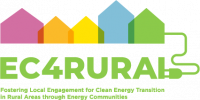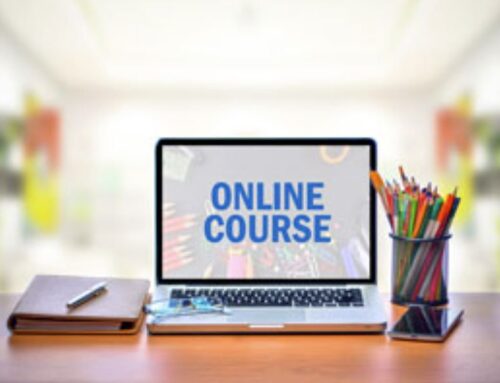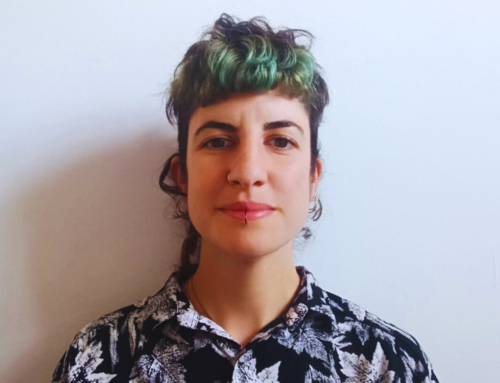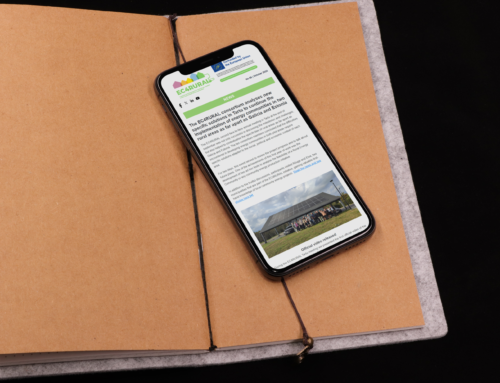The EC4RURAL project launches its online training platform with six free modules aimed at the general public, municipal technical staff, Rural Development Groups (GDR), and anyone interested in implementing community energy models.
The training lasts six weeks, comprising 12 hours of work through the virtual classroom and 24 hours of self-guided learning.
The first edition of the Renewable Energy Communities Training will begin on January 2, with subsequent sessions starting in early March, May, July, September, and November.
Registration is now open via this form. An accreditation diploma will be awarded
The content of the training activity
Module 1: Raising Awareness of Energy Citizenship
Discover the potential of citizens to lead the transition to a sustainable energy model:
- Who we are: Introduction to energy communities and their objectives.
- Energy citizenship: Understand the transformative role of citizens in the energy transition.
- Becoming a prosumer: Learn how to produce and consume your own renewable energy.
- Best practices in energy citizenship: Real and inspiring cases that prove change is possible.
Module 2: Energy Communities: Initial Assessment
The first steps to building your energy community:
- Introduction and starting point: Learn to identify the energy potential of your environment.
- Designing the assessment for your energy community: Create an initial analysis to set goals and priorities.
Module 3: Collective Action with Municipalities and Rural Development Groups: Mobilization and Networking
Local collaboration as a driver of energy change:
- Introduction, context, and justification for local collective action: Why joining efforts is key to the transition.
- Legal framework for collective action and the creation of Renewable Energy Communities: Navigate the legal landscape with ease.
- Municipalities as drivers of the energy transition: Explore opportunities offered by local governments.
- Rural development groups as energy transition actors: Discover the potential of rural stakeholders in the energy ecosystem.
- The Galician ecosystem: Review of the resources and projects in our region.
Module 4: The Energy Chain in the Energy Transition
Understand the structure of the energy system and its transformation:
- Energy transition and electricity models: Evolution toward more sustainable and democratic systems.
- A new player: Energy communities and their crucial role in the future energy model.
Module 5: Business Models for Rural Energy Communities
Design a sustainable and effective financial strategy:
- Business model for rural energy communities: Foundations for a viable economic project.
- Business model: Development and evaluation: Learn how to create and analyze your business proposal.
Module 6: Implementation and Operation of Rural Energy Communities
Put your knowledge into practice:
- Procedures for processing and legalizing a photovoltaic installation in Spain: A guide to legalizing your project.
- Execution of collective self-consumption installations: Technical steps to make a photovoltaic installation a reality.
Methodology
Each module uses a dynamic and flexible methodology to ensure meaningful learning tailored to each participant’s needs.
Materials are divided into thematic modules, including fundamental theoretical content complemented by assessment activities.
These activities help participants review the material, assess comprehension, and identify areas for improvement independently.
Additionally, interactive and engaging activities will help reinforce concepts in a participatory manner.
Interaction is a key component of these courses, with forums encouraging participants to share their opinions, debate, and reflect on the most relevant topics.






